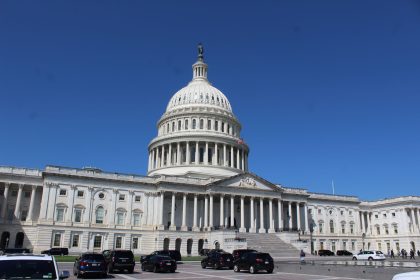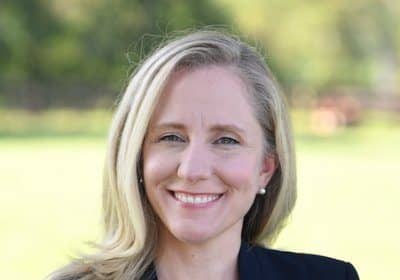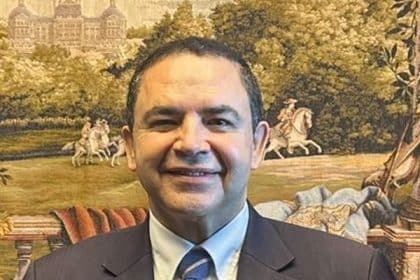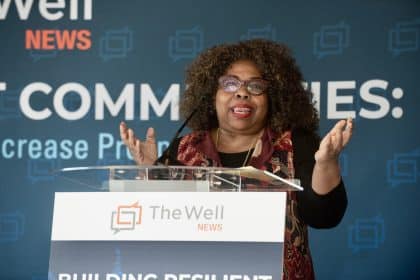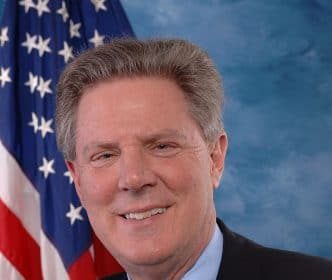Lofgren, Buck Lead Bipartisan Effort to Reform Legal Immigration System
AAED Offers Support, Presses Members to Address EB-5 Program
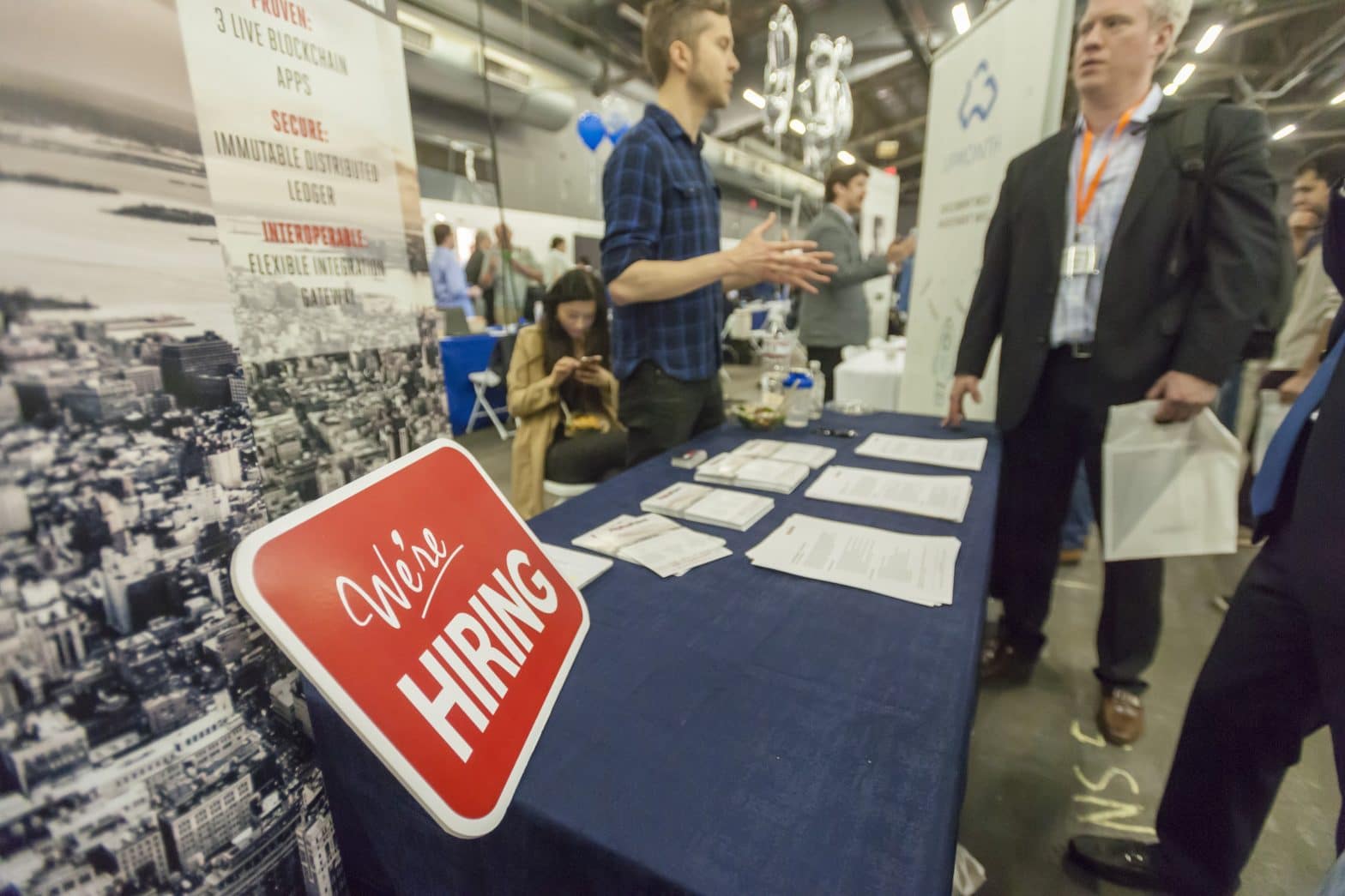
Representatives Zoe Lofgren (D-CA) and Representative Ken Buck (R-CO), who serve as Chair and Ranking Member respectively of the House Judiciary Subcommittee on Immigration and Citizenship, recently joined 112 members in a significant bipartisan effort to reform the legal immigration system by eliminating per-country percentage limits that cause backlogs in the employment-based green card system. Senators Mike Lee (R-UT) and Kamala Harris (D-CA) introduced similar legislation in the Senate.
The introduction of the “Fairness for High-Skilled Immigrants Act,” comes at a time when the politics around immigration policy in Washington has reached a feverish pitch.
In introducing the legislation, the members cited the fact that the United States makes 140,000 green cards available every year to employment-based immigrants, including many who first come here on temporary H-1B or L visas. Current law, however, provides that no more than 7% of these green cards can go to nationals of any one country—even though some countries are more populous than others. Because of this 7% limit, for example, a Chinese or Indian post-graduate at the top of her class at MIT may have to wait half a decade or more for a green card, much longer than a student from a less-populated country.
The bipartisan Fairness for High-Skilled Immigrants Act alters the per-country limits for employment-based immigrants so that all are treated equally regardless of their country of birth.
“We all know that our immigration system is severely broken, and it has been broken for decades,” said Lofgren. “At the heart of this broken system are the outdated employment- and family-based immigration systems, which suffer under decades-long backlogs. In combination with the per country limits, these backlogs keep nuclear families apart for decades, while preventing U.S. employers from accessing and retaining the employees they need to stay competitive. The Fairness for High-Skilled Immigrants Act begins to address these problems and makes the immigration system somewhat more rational. It is a small, but good step forward.”
“Our current immigration is broken and is in dire need of reform and repair,” said Buck. “Year after year, I have met with constituents who come here legally on work visas from India or China and face decades-long wait times for obtaining permanent residence. If we want to ensure America remains globally competitive, we need to ease the backlogs and leverage the talent and expertise of our high-skilled immigrants who help strengthen the U.S. economy and fill knowledge gaps in certain fields. These are people who have helped America grow and thrive as a nation of immigrants and we need to make sure our system continues to value those who are following our laws and doing the right thing.”
Following the bill introduction, the American Alliance for Economic Development (AAED) sent a letter to the chairmen and ranking members in both the House and Senate offering their support and urging they take steps to ensure the EB-5 Visa Program also remains economically viable.
The EB-5 Program is administered by U.S. Citizenship and Immigration Services (USCIS) and allows up to 10,000 foreign investors to apply for permanent residency each year if they make the necessary investment in commercial enterprise in the United States and successfully create or preserve at least 10 permanent, full-time jobs for qualified U.S. Workers. Created in 1990 to stimulate the U.S. economy through job creation and capital investment, the EB-5 Program has been highly successful, creating millions of American jobs – many in high unemployment areas – and attracting billions of dollars of foreign investment to the United States. In 2017 alone, the U.S. Department of Commerce issued a report showing that investments by 11,000 individuals participating in the EB-5 Program led to $5.8 billion in capital for 562 projects that produced a total of 174,000 jobs.
Despite the fact that thousands of investors have already made the requisite $500,000 or $1 million investment in the U.S. economy, these individuals are facing significant backlogs in the processing of EB-5 green cards, with wait times of 15 years or more. AAED argues that the backlog in processing EB-5 green cards is not only hindering hundreds of millions of dollars of investment in the U.S. economy, it is also deterring some of the best and brightest minds from making their contributions to this country.
In the letter, AAED urged the bipartisan group of members to take the following steps to correct the current flaws that they argue threaten future participation in the program.
- Increase Annual EB-5 Quota: AAED recommends an increase in the annual EB-5 quota to solve the serious visa backlogs.
- Count only Principal Applicants into Annual EB-5 Quota: AAED recommends a new calculating method to the current EB-5 quota counting method, by which only the principal investor is counted against the annual numerical limit on visas, thereby shortening the backlog.
- Allow Pending Status Investors to Reside in the United States: AAED recommends the implementation of a measure that would allow qualified individuals with approved I-526 applications to obtain a work permit and entry permit in the U.S. as they continue to wait for the visa number to materialize.
- Provide Protections for Investors and their Families: Like most Americans, the pursuit of a better education and improved living standards are goals and values we share with new immigrants to the U.S. In order to ensure future participation in the program, AAED strongly recommends freezing the ages of the children of investors with approved I-526 applications so that they are not aged out of the program due to significant administrative backlogs.
Provide a Secure Path for EB-5 Investors: Once an EB-5 investor has fulfilled the job creation requirement with his/her investment and the investment remains at-risk, his/her green card adjudication will be guaranteed.

















